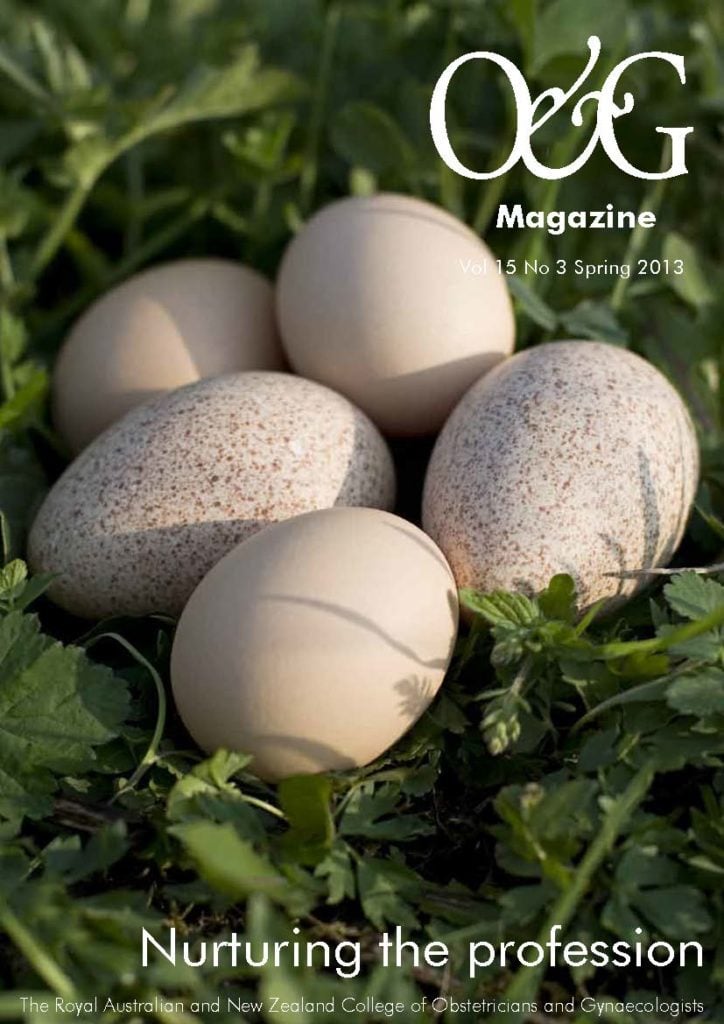Training as a GP proceduralist has become a hot topic for many recent medical graduates. What support is currently available?
While a surge in interest in the role of the GP proceduralist is extremely encouraging for those small towns trying desperately to provide obstetric and surgical services, it does raise a number of questions that need to be addressed.
There are two issues that are very important:
- Firstly, the reality that most GP obstetrics is carried out in small country towns means the throughput of such obstetric units is often small and raises the question: how do GP proceduralists gain adequate case numbers to maintain their skills?
- Secondly, how do these same GP proceduralists access leave for holidays and training opportunities given their absence may result in an unsustainable workload (including on-call load) for the remaining doctors?
Fortunately, these issues are addressed by funding opportunities under grants administered by RANZCOG, the Royal Australian College of General Practitioners (RACGP) and the Australian College of Rural and Remote Medicine (ACRRM).
The Rural Procedural Grants Program (RPGP) allows accredited GP obstetricians to claim ten training days at $2000 per day ($20 000/year) for approved training.
This funding is available for a variety of clinical activities, including conferences, courses, small group learning activities and clinical placements at larger obstetric units. These placements often provide an excellent source of obstetric numbers to maintain and even improve skills within a short period.
Furthermore, regional obstetricians are often very keen to be involved in such programs and see this as part of their mentor role, while providing extra workforce for their own health service. There are also hospitals throughout Australia that are considering this model as a means of staffing obstetric units in the long term.
Another program available for rural GP proceduralists is the Rural Obstetric and Anaesthetic Locum Scheme (ROALS). This program was formerly the Specialist Obstetric Locum Scheme (SOLS), but has now been combined with the GP Anaesthetics Locum Service and has hence been renamed. It is administered by RANZCOG and provides funding and support for obstetric or anaesthetic cover by approved practitioners.
The service is easily accessed and is also helpful in providing contact details of likely practitioners. This saves the practice time and cost, in terms of advertising and so forth, and provides funding to help with the cost of wages, travel and other expenses. Thus the ROALS program goes a long way towards solving the second issue mentioned above, that is leaving one’s practice with inadequate cover while attending to one’s own educational activities.
It is also important to note that both programs are well supported. There has always been the possibility that programs of this kind would suffer from bureaucratic rules, creating barriers that hamper access. Fortunately, this has not been the case, with both programs being extremely user friendly. The staff administering these funds are exceptionally helpful, efficient in distributing funds and promote an atmosphere of assistance and encouragement for approved programs.
The General Practitioner Procedural Training Support Program (GPPTSP) is available to provide financial support for practising GPs to undertake training in anaesthetics (Advanced Rural Skills Training in Anaesthesia) or obstetrics (DRANZCOG Advanced). The scheme is funded by the Australian Federal Government and managed by ACRRM (anaesthetics component) and RANZCOG (obstetrics component); 15 places were offered in the 2013 intake (Round 4), which was open for applications from 31 July 2013.
GP registrars interested in undertaking procedural training should contact their regional training provider or state health department.
If the enthusiasm for training as a GP proceduralist among recent medical graduates results in increased numbers of skilled doctors then it will be very important for the medical colleges to ensure the viability of all support programs in terms of indexation for inflation and capacity to accommodate the increase in numbers looking to benefit from such grants. Let’s hope the RPGP, GPPTSP and ROALS programs continue for the sake of the GPs providing long-term care to rural and remote patients.
Further information
For further information on the schemes mentioned in this article, please visit the following websites:
The Rural Procedural Grants Program: www.racgp.org.au/rural/traininggrants .
The Rural Obstetric and Anaesthetic Locum Scheme: www.roals. org.au .
The General Practitioner Procedural Training Support Program Obstetrics: www.ranzcog.edu.au/gpptsp.html .
The General Practitioner Procedural Training Support Program Anaesthetics: www.acrrm.org.au/gpptsp.






Leave a Reply